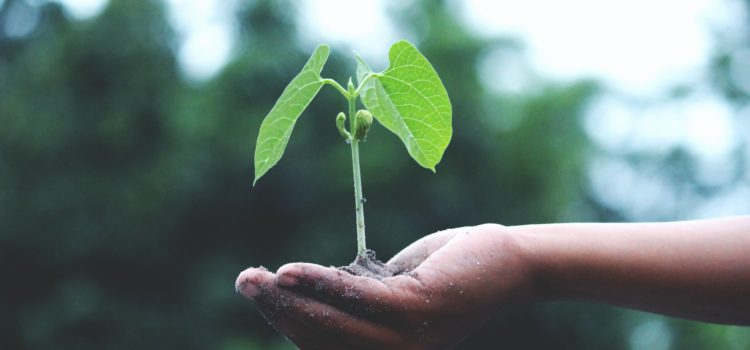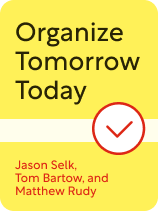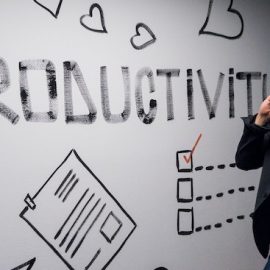

This article is an excerpt from the Shortform book guide to "Organize Tomorrow Today" by Jason Selk, Tom Bartow, and Matthew Rudy. Shortform has the world's best summaries and analyses of books you should be reading.
Like this article? Sign up for a free trial here.
How do behaviors become habits? What can you do to make your brain internalize new habits faster?
Habits are patterns of behavior that become more or less established in your daily life depending on how often you engage in the behavior. If you frequently reinforce a habit through your choices, it’ll get stronger. If you engage in the behavior less frequently, the habit will get weaker.
Keep reading to learn about the psychology of habits.
How Habits Work
If a behavior feels good, you’ll want to repeat it, and this repetition forms a habit. As time goes on, your brain incorporates the habit into your regular activity. You end up doing it without thinking, even if it doesn’t ultimately serve you.
For example, maybe you have a busy day at work, and you have to stay late at the office. You were going to cook when you got off work, but you’re too tired, and you decide to get takeout on the way home. Once you have your food, you’re happy—it tastes good, involves little clean-up, and required minimal effort to acquire. As the weeks go on, you’re still busy at work, and you find yourself getting takeout more and more. Once it turns into a habit, your brain expects the reward, and you’re barely cooking at all.
| Understanding the Psychology of Habits As the authors state, we’re more likely to repeat a behavior and make it a habit if it makes us feel good in the moment. In Atomic Habits, James Clear takes this idea further, arguing that we often reinforce bad habits over good ones because of our need for instant gratification. Because of lingering survival instincts from our evolutionary past, humans value immediate rewards over future ones. Generally, bad habits offer a positive outcome in the present, and we don’t see their negative effects until later. Therefore, our brains are built to favor bad habits over good ones. For example, smoking reduces anxiety and makes people feel good in the moment, but it has devastating effects on the body later on. In contrast, good habits, like saving money, often require us to sacrifice things we want in the present (like buying new things or going out to eat) for future rewards that feel intangible. According to Clear, you can combat this pattern by reinforcing good habits with actions that make your progress toward future rewards feel more tangible. For example, if you’re trying to build a habit of avoiding social media, spend the time you’d usually spend online starting a book you’re excited to read instead. You’ll feel instantly rewarded for doing something that’s beneficial in the long term (becoming an avid reader). |
Be Consistent and Keep Going When It’s Hard
The authors argue that although we often start habits without realizing it, we can also consciously start new habits to make positive changes in our lives. For example, if you want to learn another language so you can travel to a new country, you may decide to practice the language for an hour every day.
Unlike the habits we fall into by accident, conscious habits take work to maintain. Even though the behavior will help you make positive changes in your life, you may not always feel like doing it. To keep a positive habit, the authors argue that you must push forward and maintain the behavior even when it becomes difficult.
(Shortform note: It takes a lot of difficult work to start and maintain a habit, but this work is considerably easier if you can find someone else to help you. In The Compound Effect, Darren Hardy suggests that finding someone else to start your new habit with will help you maintain it. Having someone else going through the same experience will keep you accountable, and you can support each other when things get difficult.)

———End of Preview———
Like what you just read? Read the rest of the world's best book summary and analysis of Jason Selk, Tom Bartow, and Matthew Rudy's "Organize Tomorrow Today" at Shortform.
Here's what you'll find in our full Organize Tomorrow Today summary:
- How to prioritize and prepare for your tasks every day
- How you can improve your life through positive habits
- Why you need to break free from a perfectionist mindset






